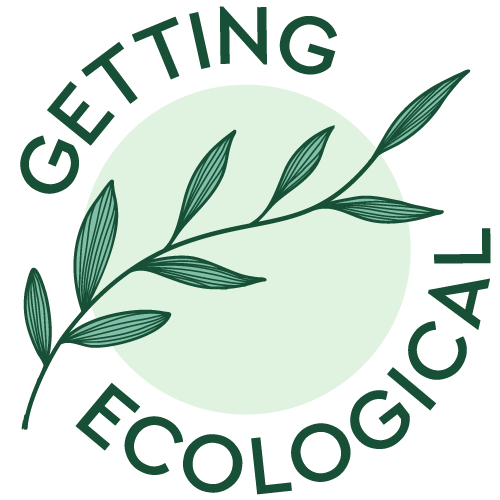Choosing sustainable cleaning products is a crucial step toward reducing environmental impact and promoting a healthier planet. From household cleaners to laundry detergents, there’s a wide array of options available that are not only effective but also eco-friendly.
Let’s delve into some of the most sustainable cleaning products and why they stand out in terms of environmental friendliness.
-
Biodegradable Cleaners
One of the hallmarks of sustainability in cleaning products is biodegradability. These products break down into harmless compounds when they enter the environment, minimizing their ecological footprint. Look for cleaners made from plant-based ingredients, such as citrus or coconut, as they tend to decompose naturally.
-
Concentrated Formulas
Concentrated cleaning products reduce packaging waste and transportation emissions. By diluting a small amount of concentrate with water at home, you can create a potent cleaning solution that lasts longer, requiring fewer purchases over time. Additionally, concentrated formulas often come in smaller, lighter packaging, further reducing their carbon footprint.
-
Refillable Containers
Opting for cleaners packaged in refillable containers promotes a circular economy and reduces single-use plastic waste. Many companies offer refill stations or mail-in refill programs, allowing customers to replenish their cleaning supplies without purchasing new containers each time. This approach significantly cuts down on plastic consumption and encourages responsible consumption practices.
-
Non-Toxic Ingredients
Traditional cleaning products often contain harsh chemicals that can be harmful to both human health and the environment. Sustainable alternatives prioritize non-toxic ingredients, such as vinegar, baking soda, and essential oils, which are effective for cleaning without posing risks to respiratory health or aquatic ecosystems. Look for certifications like the EPA’s Safer Choice label to ensure products meet stringent safety standards.
-
Eco-Friendly Packaging
Packaging plays a significant role in the sustainability of cleaning products. Opt for brands that use recycled or biodegradable materials for their packaging, minimizing the environmental impact of production and disposal. Additionally, choosing products with minimal packaging or packaging-free options further reduces waste and carbon emissions.
-
Certifications and Labels
Third-party certifications and labels provide assurance that cleaning products meet specific environmental and ethical standards. Look for certifications such as USDA Organic, EcoLogo, or the Forest Stewardship Council (FSC) label, which indicate that products have been responsibly sourced, manufactured, and packaged. These labels help consumers make informed choices and support brands committed to sustainability.
-
DIY Cleaners
Making your own cleaning products at home is perhaps the most sustainable option of all. Simple ingredients like vinegar, baking soda, lemon juice, and castile soap can tackle a wide range of cleaning tasks effectively. DIY cleaners not only reduce waste and environmental impact but also save money in the long run. There are countless recipes available online for creating homemade cleaners tailored to specific cleaning needs.
-
Microfiber Cleaning Cloths
Traditional cleaning wipes and paper towels contribute to deforestation and waste generation. Microfiber cleaning cloths offer a sustainable alternative, as they are reusable, durable, and highly effective at trapping dust and dirt without the need for harsh chemicals. By investing in high-quality microfiber cloths and laundering them properly, you can significantly reduce your household’s environmental footprint.
-
Compostable Sponges and Brushes
Conventional sponges and scrub brushes are often made from synthetic materials that contribute to plastic pollution. Opt for cleaning tools made from natural and compostable materials, such as loofah, bamboo, or plant-based cellulose. These options are biodegradable and can be composted at the end of their lifespan, closing the loop on waste disposal.
-
Water-Efficient Products
Lastly, choosing water-efficient cleaning products helps conserve this precious resource while minimizing environmental impact. Look for cleaners that require minimal water for dilution or those specifically formulated for use with low-flow or eco-friendly cleaning systems. By reducing water consumption during cleaning activities, you can contribute to water conservation efforts and promote sustainability.
In conclusion, sustainable cleaning products encompass a variety of attributes, including biodegradability, non-toxic ingredients, eco-friendly packaging, and water efficiency. By prioritizing these features and opting for products that align with your values, you can make a positive impact on the environment while maintaining a clean and healthy home. Whether you choose ready-made eco-friendly cleaners or prefer to DIY your cleaning solutions, every small step toward sustainability counts in the collective effort to protect our planet.

